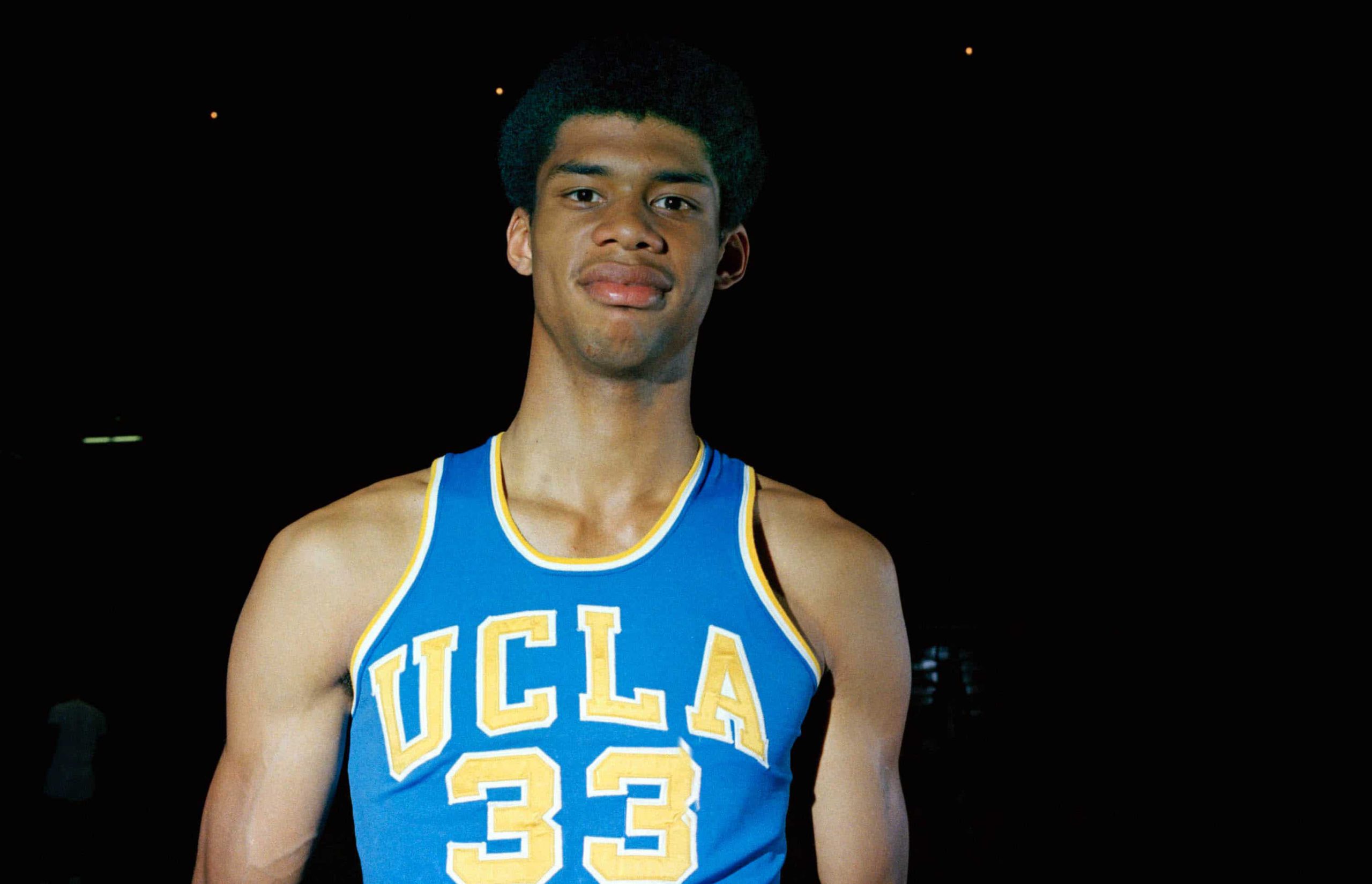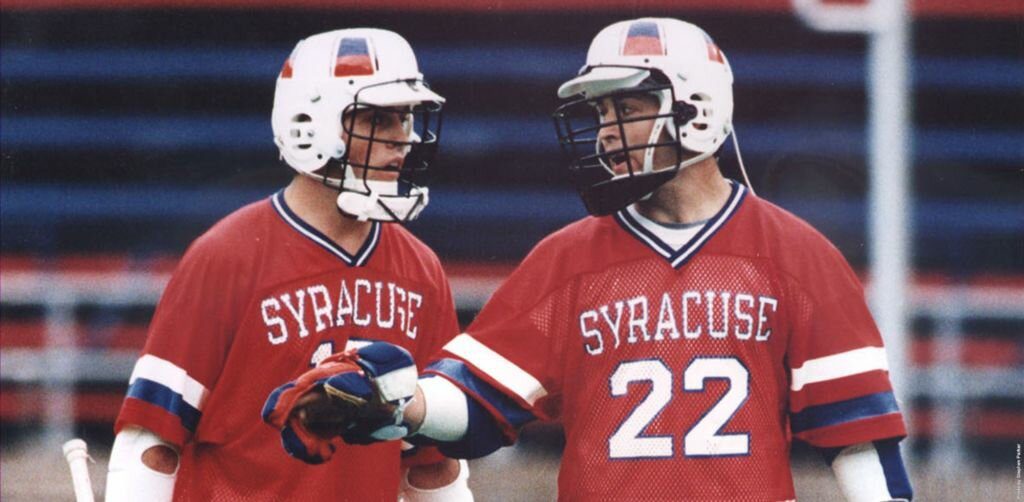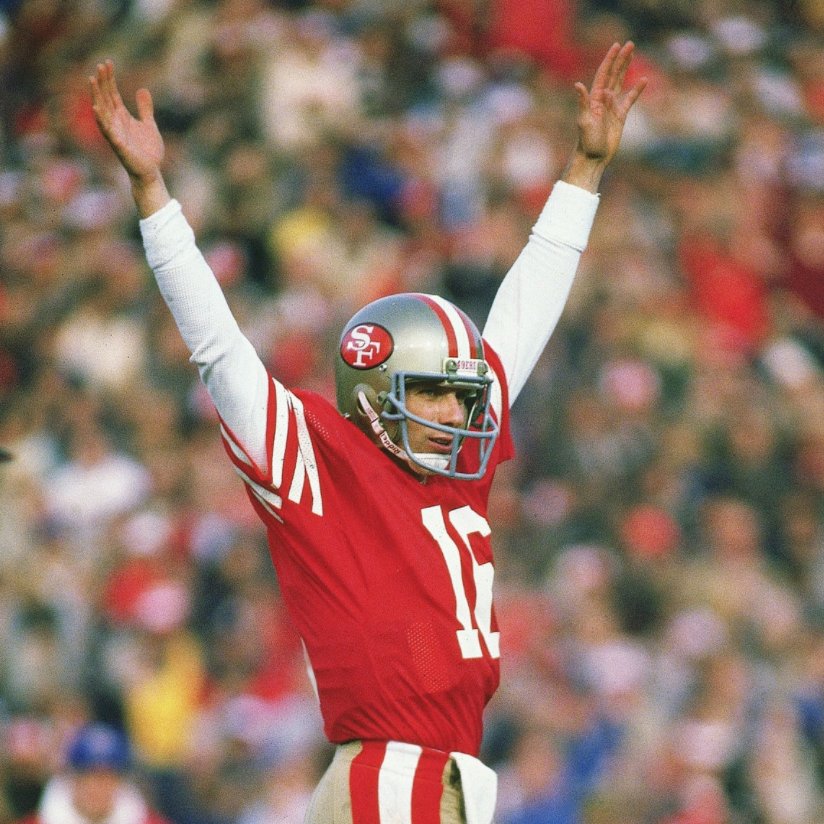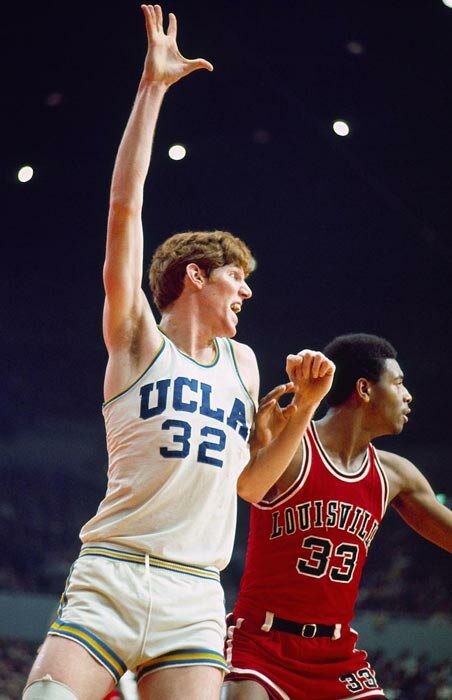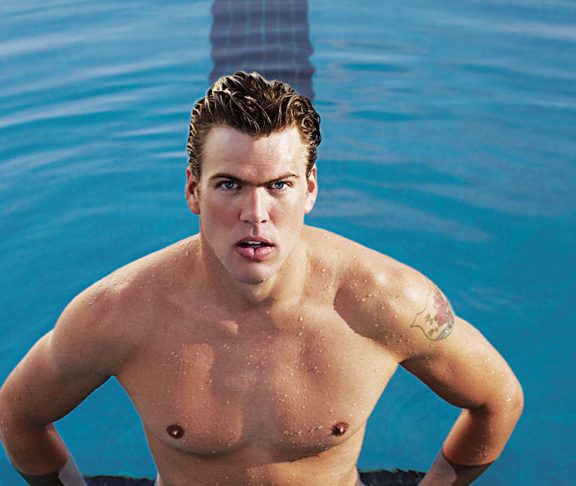Terry Baker is the only person in history to win the Heisman Trophy and play in the Final Four.
The first player west of Texas to win the Heisman Trophy, Baker paved the way for players from the West Coast to win college football’s most coveted award. Baker won the Heisman in 1962. Over the course of the next eight years, half of all Heisman Trophy recipients were from California schools, including Mike Garrett [USC, 1965], Gary Beban [UCLA, 1967], O.J. Simpson [USC, 1968], Jim Plunkett [Stanford, 1970]. A left-handed, dual threat quarterback, Baker won the 1962 Maxwell Award as the best all-around player in college football and was a consensus All-American. After leading Oregon State to a 6-0 victory over Villanova in the 1962 Liberty Bowl, Baker earned 14 player-of-the-year awards. He was named Sports Illustrated “Sportsman of the Year” in December 1962. Three months later, he led Oregon State to the Final Four of the NCAA basketball tournament. After graduating OSU with a degree in mechanical engineering, Baker was the first overall pick in the 1963 NFL Draft.

Born in Pine River, a small town in northern Minnesota’s iron-range country, on this date in 1941, Terry Wayne was the youngest of Max and Laura’s three boys. When Terry was an infant, the family left their small Minnesota farm and moved to Santa Monica, California. A couple of years later, the Bakers moved to Portland, Oregon. Following his parents’ divorce in 1948, Laura Baker worked a variety of retail jobs to support her family. Baker had little interaction with his father following the break-up.

Baker attended Jefferson High School, where he was a three-year letter winner in basketball and baseball. But he was most dominant in football, where he teamed with future Dallas Cowboys hall-of-famer, Mel Renfro, to lead the Democrats to a 23-0 record as an upperclassman. The 6’3” southpaw was a basketball point guard, baseball pitcher, and quarterback/tailback for the football team. In his senior year, Jefferson won the city title in all three sports and state championships in two. The silky smooth Baker – who would later be named one of the 20th century’s top five athletes from the state of Oregon — was named All-City and All-State in three sports as a senior.

After receiving offers from schools all over the country, including several in the Ivy League, Baker chose to follow in the footsteps of his older brother, Gary, who played baseball at Oregon State. He did not play football as a freshman, focusing instead on basketball and baseball. Corvallis experienced an especially wet spring in 1960, forcing cancellation of Beaver baseball games, so Baker joined the football team for spring practice. He earned the starting quarterback position and that fall passed for 863 yards, ran for 610 and accounted for eight touchdowns. A dual-threat quarterback, he amassed over 1,000 combined yards as a junior. Baker also directed the Beavers in basketball, averaging nine points a game as a point guard in both his sophomore and junior seasons.

As a senior, Baker threw for 1,723 yards and 15 touchdowns, while running for 538 yards and nine scores. After leading the Beavers to a come-from-behind 20-17 victory over archrival Oregon in the annual Civil War game, Baker was carried off the field by his teammates. “In all my years of football,” said grizzled OSU coach Tommy Prothro, “I have never seen the players do that to one of their teammates.” Oregon State finished the season 8-2 and ranked 16th in the polls. On December 15, 1962, Baker led OSU against Villanova in the Liberty Bowl, tallying the game’s only score on a 99-yard run [still an NCAA record] on a frozen field. Two weeks later, he flew to New York to accept the Heisman Trophy, beating out LSU halfback Jerry Stovall and future college and pro football hall-of-famer Bobby Bell.

Baker returned from New York and immediately joined the basketball team, averaging 13.4 points per game. OSU earned an invitation to the NCAA tourney, beating Seattle, San Francisco and Arizona State to advance to the Final Four as winners of the West Region. The first and only Heisman Trophy winner from Oregon State also became the first and only Heisman winner to play in the Final Four, where the Beavers lost to the defending national champion Cincinnati Bearcats in the national semi-finals.

Despite having three quarterbacks on their roster, the Los Angeles Rams drafted Baker with the first overall pick of the 1963 NFL Draft. “Baker is so outstanding we couldn’t afford not to take him,” explained Rams GM Elroy Hirsh. In its 1962 Sportsman of the Year issue, and having beaten out Bart Starr, Maury Wills and Sonny Liston for the award, Sports Illustrated called Baker “James Bond in shoulder pads,” later saying, “it is fitting that Baker should emerge from a bucolic campus deep in the forests of the Northwest, where the simple verities of small-town American life are still held in high esteem.” Sadly, Baker was not equipped for the pro-style offenses of the NFL. He played three seasons with the Rams, appearing in 18 games and throwing for no touchdowns with four interceptions.

Mr. Baker earned a law degree from USC while playing with the Rams and spent the 1966 season with the Edmonton Eskimos of the Canadian Football League. After leaving football, he returned to Portland, where he practiced law until his retirement in 2012. Terry Baker is a member of the Oregon Sports, Oregon State University and National High School Athletics halls of fame. He received the NCAA Silver Anniversary Award in 1988 and was elected to the Academic All-American Hall of Fame. In 1982, he was inducted into the College Football Hall of Fame. His Number 11 is the only number to be retired by the Oregon State football program.



